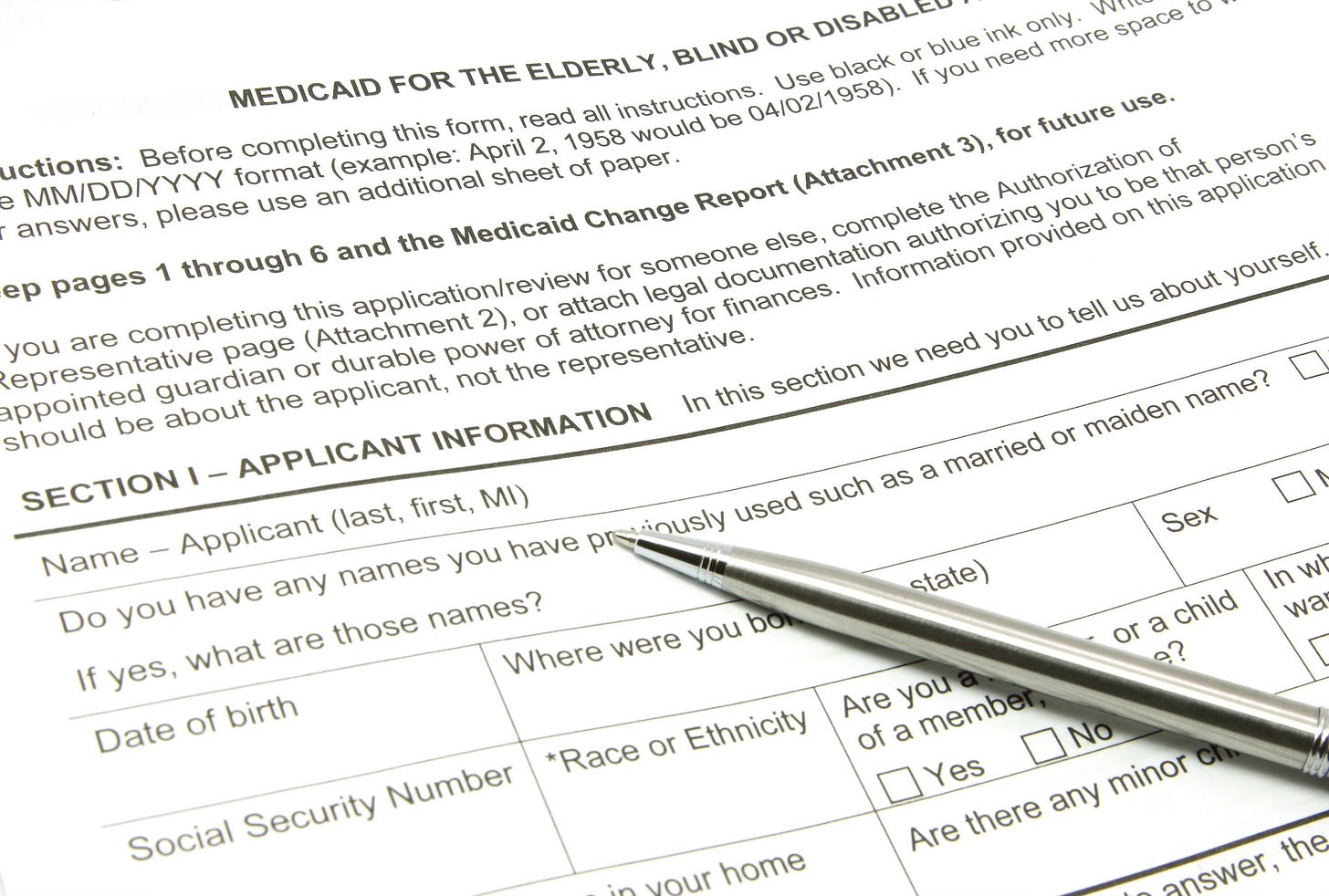As an innovation methodologist and nurse, I spend a significant amount of my time researching and teaching others about human-centered and equity-centered design processes. The foundation of which is designing systems directed by the people affected by a problem and creating solutions that directly meet their needs. In fact, I spent the entirety of last week teaching nurse leaders from around the country how to use the innovation methodology to help solve problems within their hospitals related to the nursing work environment to ultimately enhance patient outcomes.
Yet, no matter how many problems we solve as nurses, it may not be enough because the Senate is poised to pass their version of the “Big Beautiful Bill (BBB),” which demands our immediate action.
Recently, I watched the movie Straw on Netflix. Straw is a gut-wrenching, heartbreaking, infuriating film detailing the multiple systems that make it harder for low-income, single mothers, especially single mothers of color, in this country to survive. It got me thinking about the design maxim: systems are designed for the outcomes they create. In this country, we have designed systems that push down and hold back certain populations of people and raise up and move forward other populations of people. The BBB is a prime example of how these systems get created.
In March 2025, it was reported that 79 million people in the US receive Medicaid. A system created 70 years ago to provide health coverage to low-income individuals and families, including children, pregnant people, the elderly, and those with disabilities.
Systems are designed for the outcomes they create.
The new BBB being voted on by the Senate as early as Monday, June 30th, would cut Medicaid coverage for up to 16 million Americans. Sixteen million low-income Americans. Sixteen million Americans whose single income is $15,000 or whose income for a family of four is $32,000. Sixteen million children, elderly, and pregnant Americans, who rely on Medicaid for health coverage.
The demographics of low-income individuals by race include 24% American Indian or Alaska Native, 21% Black, 17% Hispanic, 10% Asian, and 10% White; 13% identify as Multiple Races. Women, especially women of color, are more likely to be considered “low-income” compared to men.
Of the 79 million people on Medicaid, the majority are women; with 19% of individuals identifying as Black, 30% as Hispanic, 5% as Asian, 1% as American Indian or Alaska Native, 40% as White, and 7% identifying as Multiple Races.
Systems are designed for the outcomes they create.
It has been estimated that, if the BBB passes, 51,000 people will die annually. We can assume that these deaths will disproportionately affect women of color and low-income individuals.
In addition, the bill is proposing new work requirements for childless adults without disabilities — at least 80 hours per month, re-enrollment in Medicaid from once a year to every six months, and adults with children 15 and older would also be required to work or volunteer at least 80 hours a month.
Systems are designed for the outcomes they create.
Make no mistake, the Republican House and Senate are designing the systems for the outcomes that will benefit them. The BBB will extend tax cuts and create other loopholes for the wealthiest Americans, who are disproportionately older, white men. The exact demographic of the Senate.
Over the weekend, I was at the Policy, Politics, and Nursing Innovation symposium in DC. One of the speakers said that this is a “Break Glass” moment. I couldn’t agree more. Now is the time to do everything in our power to stop the Senate from cutting Medicaid.
If you are a nurse or other healthcare provider, now is the time to speak up and show up. Contact your Senators today, visit their office, and advocate for the health of your patients.
If you are a community member, now is the time to speak up and show up. Call your Senators today, visit their office, and fight for the health of your neighbors.
If you voted for Trump and his administration, you helped create the system that is producing this outcome. That is why we need your voice even more. Now is the time to call your Senator, visit their office, and fight for your health and the health of your family.
Systems are designed for the outcomes they create , but those systems are not working for the most vulnerable Americans. We can recreate them and get the outcomes we desire, and they need. But we need to break the glass now, starting with the BBB’s cuts to Medicaid.
About the author:
Dr. Marion Leary is a nurse and researcher studying innovation methodology. She is also a member of the leadership team at Philadelphia Science Action.


